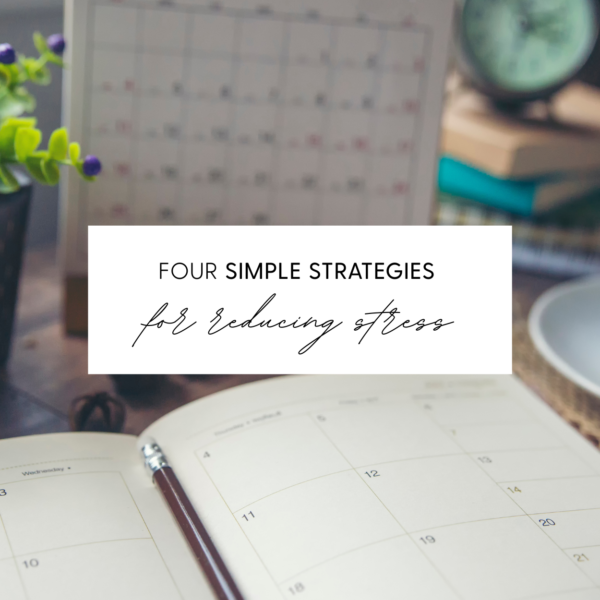Life has a way of moving faster than we expect. One day blends into the next, and before you know it, you’re running on autopilot—reacting to life instead of living it intentionally. That’s where a weekly reset day can be a game-changer.
A reset day isn’t about being productive for productivity’s sake. It’s about creating a space to pause, reflect, and realign. It’s a way to step out of the rush and give yourself permission to prioritize clarity, calm, and a sense of control.
Let’s explore how to design a reset day that leaves you feeling refreshed and ready to face the week ahead.
Why a Reset Day Matters
Think of your mind like a cluttered room. Over time, it fills up with to-do lists, forgotten tasks, and the mental equivalent of “junk drawers.” A reset day clears the clutter. It helps you step back, assess where you are, and set the tone for the week ahead.
The beauty of a reset day is its flexibility—it can look different for everyone. For some, it might mean tackling lingering tasks. For others, it’s about slowing down and focusing on self-care.
How to Build Your Weekly Reset Day
1. Choose Your Day with Care
The first step is deciding when to carve out time for your reset. Many people find Sundays ideal—it’s a natural bridge between the end of one week and the start of another. But if Sundays feel hectic, choose a day that works for you.
It doesn’t have to be a full day. Even dedicating a few hours to this practice can make a meaningful difference.
2. Start with Reflection
Begin your reset day by looking back.
Ask yourself:
What went well last week?
What felt challenging?
What did I learn?
This reflection isn’t about judgment. It’s about understanding what’s working and where you can make gentle shifts. Maybe you noticed you felt drained by midweek or realized you overcommitted. These insights will guide how you approach the week ahead.
3. Declutter Your Physical Space
Our environment has a direct impact on our mental clarity. A messy home or workspace can contribute to a sense of overwhelm, even if you don’t realize it.
Choose one area to declutter—maybe it’s your kitchen counter, your desk, or that pile of laundry you’ve been meaning to fold. The act of tidying is like a reset for your mind, signaling that it’s time for a fresh start.
4. Plan Your Week with Intention
Take some time to map out the week ahead. This doesn’t mean creating a rigid schedule; it’s about identifying what matters most.
Write down your non-negotiables—appointments, work commitments, or family responsibilities. Then, layer in what nourishes you. Maybe it’s a midweek yoga class, a long walk, or an evening to catch up with a friend.
When you prioritize both responsibilities and self-care, you’re setting yourself up for a more balanced week.
5. Reconnect with Your Body
A reset day isn’t just about getting organized; it’s also a chance to care for your physical self. Movement can help release tension and create a sense of renewal.
This doesn’t have to be a full workout. It could be a gentle stretch, a walk in nature, or even a dance session in your living room. The goal is to move in a way that feels good for your body.
6. Nourish Your Mind and Body
Use part of your reset day to prepare meals or snacks that will support you throughout the week. Think simple, wholesome options that make healthy choices easy.
At the same time, nourish your mind. Spend 10 minutes journaling, reading something inspiring, or meditating. These small acts of mindfulness help you reconnect with what truly matters.
7. Celebrate Rest as an Act of Strength
One of the most overlooked aspects of a reset day is rest itself. In a culture that glorifies busyness, taking time to rest can feel indulgent—or even lazy. But rest is where clarity lives.
Allow yourself to take a nap, sip tea without multitasking, or simply sit in silence. This space to breathe gives your mind and body the recovery time they need to function at their best.
A Reset Day in Action
Here’s how a reset day might unfold:
Morning: Start with a quiet reflection and a light stretch. Spend 20 minutes decluttering a space that’s been nagging at you.
Midday: Plan your week with a focus on both priorities and self-care. Prep a simple meal for the days ahead.
Afternoon: Take a walk or engage in light movement. Spend some time journaling or meditating to center yourself.
Evening: Wind down with a nourishing dinner and a favorite book or show. Allow yourself to rest fully, knowing you’ve laid a foundation for the week ahead.
When you take time to reflect, declutter, and prioritize, you’re not just preparing for the week ahead; you’re honoring what you need to show up fully. Over time, this practice can become a ritual—a touchstone that helps you feel clear, calm, and connected.





Leave a Reply